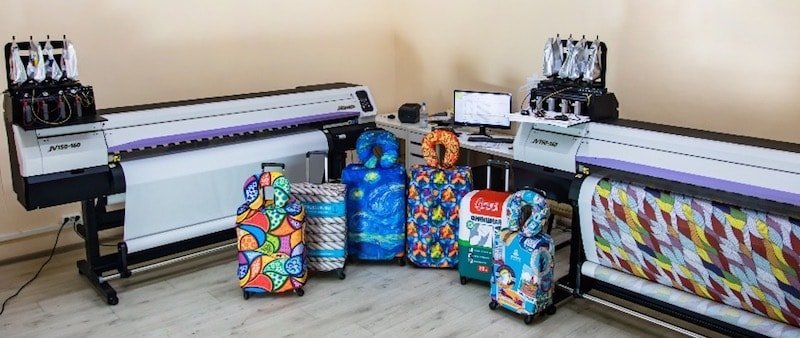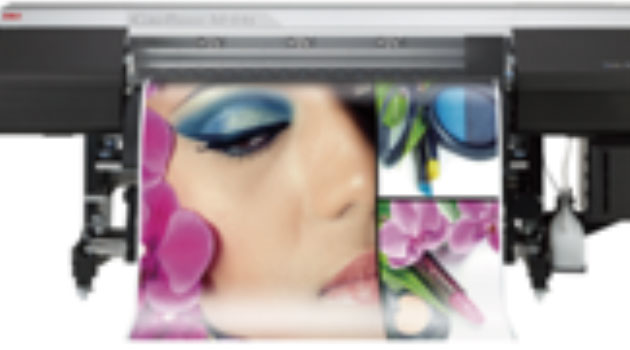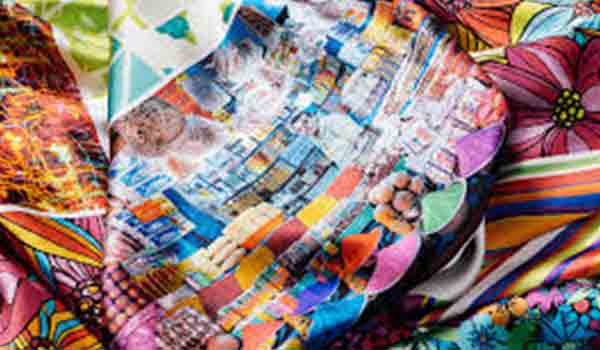In Spring 2012, Elena Larina launched a new product into the Russian retail market. Printed, personalised suitcase coverings were not manufactured locally or sold by many retailers and as such, this entrepreneur saw an opportunity to bring something unique and exciting to the market. And so, she founded the company, Fancy Armor, and began its’ journey as a creative, pioneering business, selling customised travel gear.
Fancy Armor primarily focuses on targeting travellers who had become accustomed to using luggage foils – a not so stylish or environmentally friendly way to secure and preserve suitcases.
The company presented these holidaymakers and business travellers with a new way to distinguish their luggage with their vibrant and colourful suitcase coverings.
And that’s not all, as Larina elaborates: “We make sure our adventurous consumers are prepared for their travels in every aspect – offering memory foam neck pillows, stylish and citified rain-coats, eco shopping bags, travel envelopes, eye masks, beach bags and much more, all with our trademark and any custom-designed print.
Whatever the product our objective remains the same: all our products must be both bright and beautiful and, most critically, functional, ergonomic and environmentally friendly”.
Larina capitalised on her previous experience managing outsourced manufacturing lines by employing the services of three separate companies to produce her products, but she soon began to experience issues. Quality management was out of her control and there were multiple incidents of subcontractors failing to meet order deadlines.
Huge Potential for Textile Printing in Middle East and Africa

As a result of these shortcomings, she took the decision to establish an in-house production facility at their plant in Moscow. However, as champions of product quality and attractive, on-trend designs the question arose as to what equipment she would use to print their products. This presented a significant challenge; she knew what qualities she wanted for the merchandise but had little knowledge of printing techniques.
“At the development stage of production, five years ago, I could not tell any difference between an overlocker and a cover stitch machine, sublimation and silk-printing, French terry and interlock,” confesses Larina. “I had to read a lot of literature, consult experts, select textiles, garment accessories and printing techniques through trial and error.”
On the case of finding the ideal printing solution
With an unwavering vision for product excellence, Larina strengthened her printing knowledge and identified exactly what she wanted from her printer. “Of critical importance to us was the following criteria,” emphasises Larina. “Printing quality, stable operation and reliability. Therefore, before choosing the first printer, we spent a lot of time reading product reviews and speaking to the experts in the field.”
Her search for the ideal solution culminated in a visit to a Mimaki showroom where the Fancy Armor founder was able to get more familiar with the equipment. This led to her first purchase, a Mimaki JV150-160, and after using it for a short time, she was confident in her choice. Thanks to the continued support and expertise of the local Mimaki dealer, Smart-T, she made the decision to purchase only Mimaki equipment as her business grew.
Before long, a second JV150-160 was added to the production line, in combination with a calendar heat press to create a full sublimation system. Fancy Armor’s faith in Mimaki’s systems continues to this day: “We see Mimaki’s technology as the best choice for our business now and moving forward.
In fact, we keep a close eye on all their new products. One that has particularly caught our eye recently is the hybrid model Mimaki Tx300P-1800 MkII, which could be crucial to address the ever-changing demand from the market”.
With a full, high-quality and reliable manufacturing process now in place, demand for the colourful and distinctive suitcase coverings, with designs ranging from London telephone boxes, to world flags and suit jackets, began to really take off.

Making the move to masks
In early April 2020, the coronavirus disrupted the well-established Fancy Armor business, and effectively putting a stop to the tourism industry. However, the pause lasted only three days, as the Larina made an operative decision to reassign its capacities into the production of reusable textile masks since the demand for the product was at an all-time high.
Never departing from her own motto “Quality above all!”, Larina chose a complex design of a three-layer protective mask made of neoprene with a slot for a removable filter. While not a medical device, the mask has been certified as an effective means to prevent spreading diseases transmitted by airborne droplets. Due to its elasticity, this mask fits tightly to the face, covering the mouth and nose of the infected person, while the dense fabric of the mask detains large splashes and protects the face from the sneezing or coughing of others. The mask comes with a basic set of filters, which can be reused after processing or self-assembled into a new mask.
According to Larina, the capacity of printing and cutting equipment is enough to increase production by 10 times, with the “bottleneck” being in sewing and using manual labor on this stage. Currently, the output of reusable masks is over five hundred per day, but Elena is ready to respond promptly to the needs of the market and significantly increase the volume of production.

A few days ago, the story about the dramatic turnaround of the Fancy Armor business was aired on “Moscow24″, one of Russia’s mainstream channels. Elena Larina’s production capacities are expected to expand even further, as she is determined to make digital production work even more effectively to ensure the health and safety of Moscow residents.
With a fully functional in-house production line, the entrepreneur now intends to expand further into the international market. “What do we plan for the future?” questions Larina. “We want people to know that this is a company that makes creative products of high quality. Our dream is to have someone in Australia admiringly exclaim – Made in Russia? WOW!” An enterprising and patriotic goal, from an impressive new company.





















